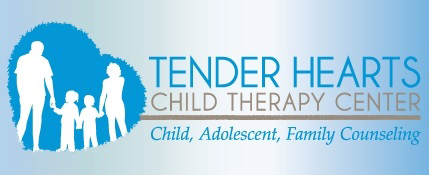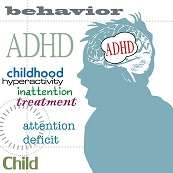 “It’s just a cat.”
“It’s just a cat.”
Many people do not understand the depth of feeling that some children have with their pet. In helping a child cope with loss of a pet it’s important to makes sure that you do not make your child feel guilty or ashamed about grieving for his pet. For many children, the pet is a beloved member of the family and when the pet dies, the child feels a significant loss. You should validate your child’s feelings when helping a child cope with loss of a pet. Even if you do not understand the “big deal” about losing the pet, you should be supportive of your child’s grief.
For many children, losing a pet is the child’s first experience with grief—and your first opportunity to teach your child about grief. Losing a pet can be very traumatic for a child, especially if the death was sudden or if the pet was euthanized. Many children cannot remember a time in their life when the pet wasn’t around and the loss feels heavy to them.
Some parents feel that they should protect their children from the grief of the loss of a pet by either not talking about the pet’s death or by not being honest about what happened. Pretending that the pet ran away or “went to sleep” can have a negative impact on your child. Your child may end up being more confused or scared. Your child may feel betrayed when he finally learns the truth. It’s better to be honest about the pet’s death with your child and help your child cope with the loss of a pet in a healthy way than to shield your child from the truth. Explain the pet’s death as honestly and simply as you can.
Tips for helping a child cope with loss of a pet:
- Let your child experience his grief. Even if you don’t experience the same sense of loss that your child is feeling, it’s important to allow your child space to grieve and express his feelings openly, without making him feel ashamed for grieving the pet. Reassure your child that it’s okay to be sad.
- While helping a child cope with loss of a pet, reassure your child that the pet’s death was not his fault. Frequently, children think that the family pet died because of something they did. Reassure your child that this is not the case. You may also need to reassure your child that just because the pet died, you or other family members or other family pets will not soon die as well.
- It’s okay to involve your child in the dying process. If you have decided to euthanize your pet, be honest with your child. Explain why the choice was necessary. Explain to your child that it’s okay to feel sad, but he shouldn’t feel guilty. Sad and guilty are two very different emotions and make a world of difference in managing grief. Also, allow your child to spend some special time with the pet and say good-bye. Doing so will make it far less likely that your child will blame you or become angry with you in the future.
- It’s okay to have a memorial service for your pet. Holding a funeral, creating a memorial, or even planting a tree in honor of your pet can help your child cope with loss of a pet. Memorial rituals are a part of our culture and having a memorial ritual for your family pet can teach children who are experiencing death for the first time about the importance and the healing nature of memorial services for lost loved ones.
If your child is struggling more than you would expect after the loss of a pet, it may be time to seek child counseling services. For children experiencing death for the first time, child counselors can help your child cope with loss of a pet and learn how to grieve in a healthy way. Call us today.


 Divorce is obviously a stressful and unpleasant time for everyone involved. But how many parents stop to ask “how can I help my child through divorce?”
Divorce is obviously a stressful and unpleasant time for everyone involved. But how many parents stop to ask “how can I help my child through divorce?”
 What is the meaning of Thanksgiving? Turkey and pumpkin pie? Cranky relatives? A day off school? A day to play video games? Football? Black Friday? Only 1 month till Christmas?
What is the meaning of Thanksgiving? Turkey and pumpkin pie? Cranky relatives? A day off school? A day to play video games? Football? Black Friday? Only 1 month till Christmas? This is one of the more common questions we often get from parents and even other professionals who frequently work with children. Often parents are concerned about side effects of medication and simply don’t want their child to be dependent on a pill to manage their behaviors. So hopefully this post will help clarify something we’ve known here at Tender Hearts Child Therapy Center for several years…
This is one of the more common questions we often get from parents and even other professionals who frequently work with children. Often parents are concerned about side effects of medication and simply don’t want their child to be dependent on a pill to manage their behaviors. So hopefully this post will help clarify something we’ve known here at Tender Hearts Child Therapy Center for several years… Ever feel like no matter what you say to your teen, your teen just isn’t listening to you or doesn’t care what you have to say? You’re not alone. We all know that family communication is vital maintaining a good relationship with our teens. But sometimes it’s hard to know what to say.
Ever feel like no matter what you say to your teen, your teen just isn’t listening to you or doesn’t care what you have to say? You’re not alone. We all know that family communication is vital maintaining a good relationship with our teens. But sometimes it’s hard to know what to say.

